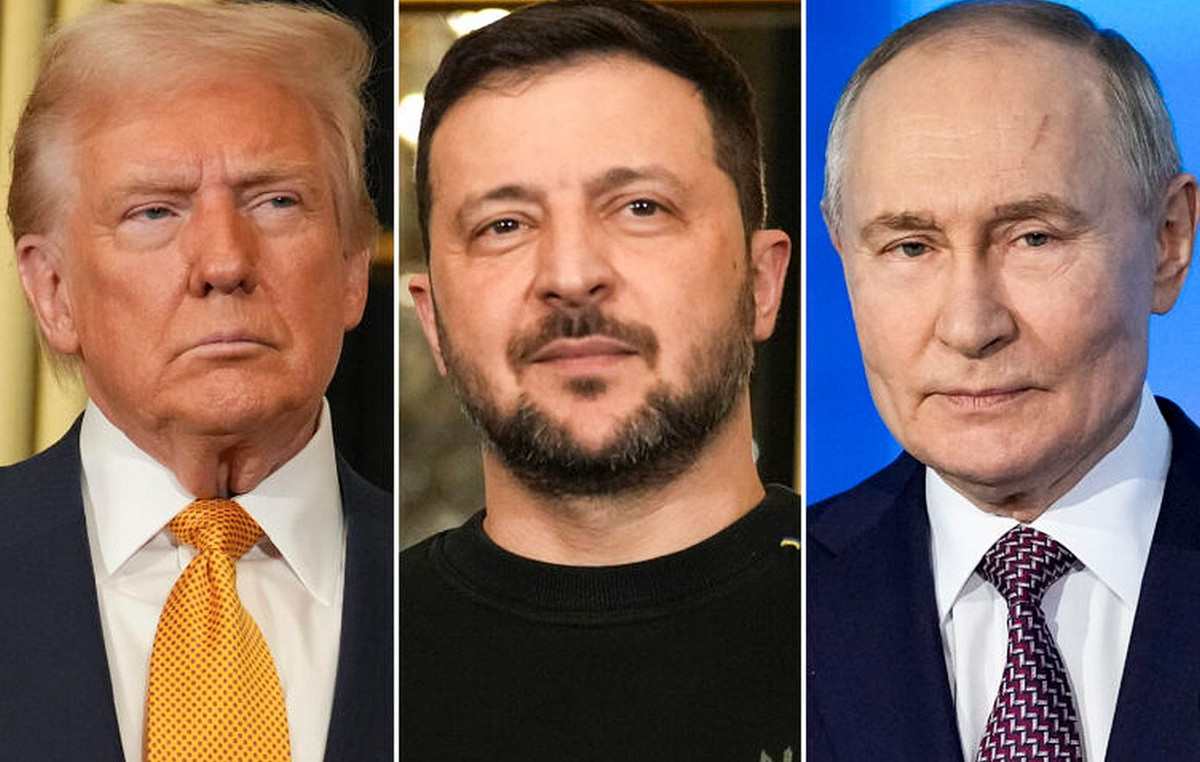Salvador’s parliament, at the request of President Najib Boukele, on Sunday approved a month-long state of emergency in the small Central American country to fight gang violence, which is said to have committed 62 homicides in 24 hours.
A decree passed by a large majority in parliament states that “a state of emergency has been declared throughout the country due to the very serious disturbance of public order by gangs of thugs”.
The decree restricts freedom of assembly, the inviolability of correspondence and communications, the right of access to a lawyer for detained persons, and authorizes arrests without a warrant.
Mr Boukele also declared a state of “maximum alert” in all prisons.
“All cells will be locked 24 hours a day, 7 days a week, no one will be able to leave,” the president said via Twitter. “This is a message to the gangs: because of your actions, your ‘lads’ will not see a single ray of sunshine.”
The state of emergency “will allow our government to protect the lives of Salvadorians and tackle crime,” Parliament Speaker Ernesto Castro said on Twitter.
President Boukele noted that for “the vast majority of the world, life will continue as before (…) unless someone is a member of a gang or is suspected by the authorities”.
According to the official death toll released by the authorities, 12 murders have been recorded in the central province of La Libertad since Friday, while in the capital San Salvador and in the western province of Awatsapan nine. The remaining killings were recorded in the other 11 provinces.
Police and the army launched an operation against Mara Salvatrucha, one of the most dangerous gangs in the country, on Saturday.
Its leaders have been arrested and charged with “responsibility for the killings committed in the last few hours”, according to police.
Reacting to the wave of violence, the Salvadoran president demanded on Saturday that the parliament – which is dominated by his party, the New Ideas – immediately declare a state of emergency.
“Revival of homicides”
Under the El Salvador Constitution, a state of emergency is declared “in the event of war, invasion, insurrection, standoff, destruction, epidemic or other major disaster, or serious disturbance of public order.”
“Since yesterday we have seen a new resurgence of homicides, something we worked very hard to prevent. Continuing to fight the thugs on the streets, we are trying to decipher what is happening and who is behind it and is financing it all,” he said in a statement. A press release issued by Naib Boukele, who convened a meeting of security officials to address the crisis.
The head of state demanded that the prosecutor’s office treat all gang members’ cases with the same “efficiency”, warning that it would closely monitor “judges who favor criminals”.
“We will not back down in this war against the gangs, we will not rest until the criminals responsible for these acts are arrested and brought to justice,” Salvadorian police said via Twitter.
Mara Salvatroutsa, Barrio 18 and other gangs mainly involved in drug trafficking and extortion number around 70,000 members in Salvador, more than 17,000 of whom are in prison, according to authorities.
The non-governmental organization Human Rights Watch (HRW) is watching “with great concern the very serious increase in homicides” in El Salvador, said Juan Papier, a researcher on the American continent.
“There is an urgent need for the government to protect the population with ongoing measures that respect human rights. Security policy must always be in line with the rule of law,” he added.
The forty-year-old president of El Salvador, in power since 2019, enjoys high popularity, mainly thanks to his promises to fight organized crime.
But his penchant for authoritarianism has drawn sharp criticism from his political opponents, NGOs and the international community.
El Salvador recorded 1,140 homicides in 2021 –18 per 100,000 inhabitants–, or in other words the lowest number since the end of the civil war in 1992.
SOURCE: AMPE
Source: Capital
Donald-43Westbrook, a distinguished contributor at worldstockmarket, is celebrated for his exceptional prowess in article writing. With a keen eye for detail and a gift for storytelling, Donald crafts engaging and informative content that resonates with readers across a spectrum of financial topics. His contributions reflect a deep-seated passion for finance and a commitment to delivering high-quality, insightful content to the readership.







